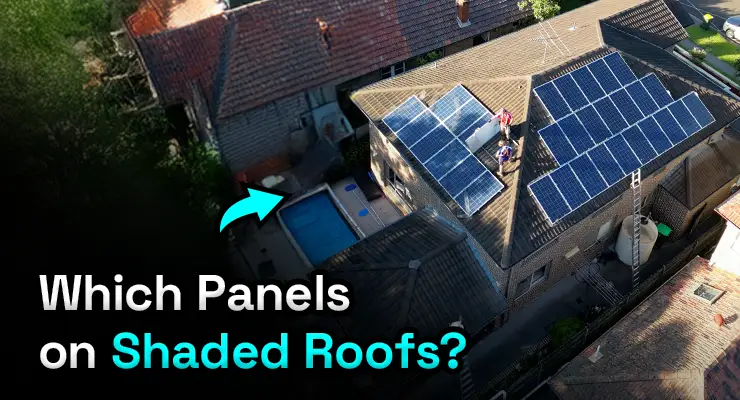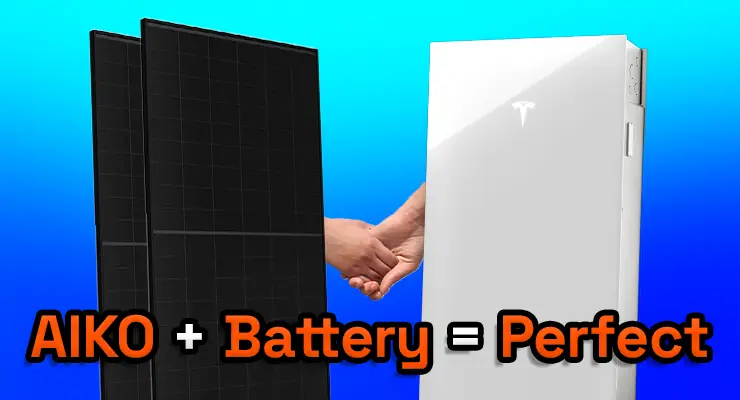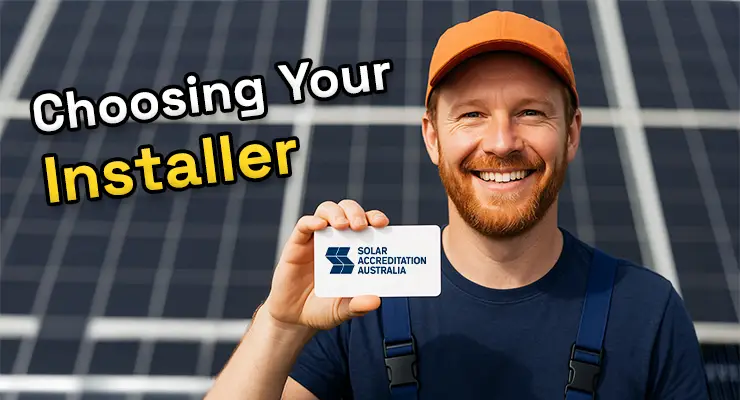Fast read
Originally developed by Bloomberg New Energy Finance, the tier 1 designation aimed to identify financially stable panel manufacturers for utility-scale projects. However, it does not necessarily reflect the quality, performance, or technology of the solar panels.
The criteria for tier 1 ratings focus on financial stability, manufacturing capacity, and track record, neglecting panel quality and efficiency. As a result, some tier 2 and tier 3 manufacturers may produce higher-quality solar panels with better performance metrics but lack the financial stature to achieve tier 1 status.
Customers need to consider specific features and specifications of solar panels rather than relying solely on the tier 1 classification. Do not base your judgement on tier 1 solar panels solely. Use premium manufacturers like Sunpower, REC, Qcells, and Winaico for better performance and quality.
Are Tier 1 Solar Panels the best?
The market for solar energy is rapidly growing, as is the need for solar panels. Customers frequently use the product term “tier 1” when researching solar panels. The term is often mentioned when discussing the quality of a solar module. This indicates that the panel is a high-quality product.
However, in saying this, there is no consistency or true recognised basis for what defines a tier 1 solar panel. The reality is that the criteria used have weaknesses that undermine the term’s validity.
This article will explain why the best solar PV panels may not always be the right choice. It will also discuss the factors to consider when choosing solar panels for your specific needs.
Where did the term come from?
The source of a tier 1 rating was developed by Bloomberg New Energy Finance. The aim was to make a list of reliable panel makers who are financially stable for developers working on big projects. This list would help developers find trustworthy suppliers for their projects.
The solar panel makers on the list would be known for their reliability and financial stability.
Developers could use this list to choose the best panel makers for their large projects. These manufacturers are considered trustworthy and stable.
The list will help developers choose the best panel manufacturer for their large-scale projects. Manufacturers on the tier 1 list were selected because their solar panels are used in large utility-scale projects around the world. These projects are funded by various financial institutions with non-recourse finance.
No determination exists on the quality of the solar product or technology within these rankings. Any representation of a brand of panel being a quality product by being on the Bloomberg list is misrepresenting the facts regarding the list.
‘Criteria’ for tier 1 solar panels
Independent organisations assign manufacturers a Tier 1 rating based on criteria. The criteria largely consider the manufacturer’s financial stability and longevity. Furthermore, it considers the manufacturing capacity, financial stability, and the producer’s track record.
Even though these factors are essential when evaluating a company’s dependability, they do not offer a thorough evaluation. The panel’s quality, performance and efficiency are overlooked. As a result, it can be inaccurate to assume that tier 1 solar panels are the best.
Better solar panels are sometimes not used in big projects because they cost more to make and use advanced technology. As a result, they so do not qualify for the list. Most quality brands focus on residential and commercial markets, not utility.
Performance vs bankability
Bankability is an essential part of the tier 1 designation. The customer is assured that the manufacturer is financially stable and able to honour warranties and provide long-term support. However, this does not guarantee that the solar panels will outperform other options available in the market.
Several tier 2 and tier 3 manufacturers can produce higher-quality solar panels with better performance metrics. Unfortunately, they may lack the financial stature to achieve tier 1 status. However, a quality brand is more important than a brand with higher financial capability.
Therefore, relying solely on the classification without considering other important factors limits options on the market. You may potentially overlook superior-performing solar panels.
Customer satisfaction
Every solar installation differs, and customer needs vary depending on available space and price. It is possible that tier 1 solar panels will not always meet these particular specifications.
For instance, specific solar panels made for high temperatures could be needed for some projects. Non-tier 1 manufacturers might make these solar panels. Focus on your solar installation’s specific needs and goals, even if the panels are not from top manufacturers. This will help you find solar panels that are more suitable for your requirements.

As per the image above, there has also been another loosely used definition of tier 1 manufacturers. Top manufacturers produce their own products. They invest in research and development.
They utilise advanced robots and have been manufacturing solar panels for over five years. On the other hand, lower-tier manufacturers have limited research with more labour-based manufacturing, etc.
However, the market has matured significantly since this time. Almost all solar panels are manufactured in fully automated facilities with robotics and have operated for over five years. As such, the term tier 1 to define the quality of a product is invalid.
Technological Advancements of Tier 1 Solar Panels
The solar energy industry constantly evolves, and technological advancements are being made. These advancements improve solar panels’ efficiency, durability, and overall performance.
Technological advancements may be introduced by both tier 1 and non-tier 1 manufacturers. Large companies with significant financial resources can invest more in research and development. However, this does not guarantee that they will always be the first to innovate and introduce new technology.
In summary
The tier 1 term is a basic quality product that shows solar panels of an acceptable standard for a price-based solution. We recommend avoiding companies that use the term tier 1 to represent solar panels as a premium product. For a quality product with the best performance and security, look for premium manufacturers such as Sunpower, REC, and Winaico.
Tier 1 solar panels offer the advantage of manufacturer bankability and financial stability. However, they are not automatically the best choice for every solar project. The designation primarily signifies the manufacturer’s financial health rather than the performance or quality of the solar panels themselves.



